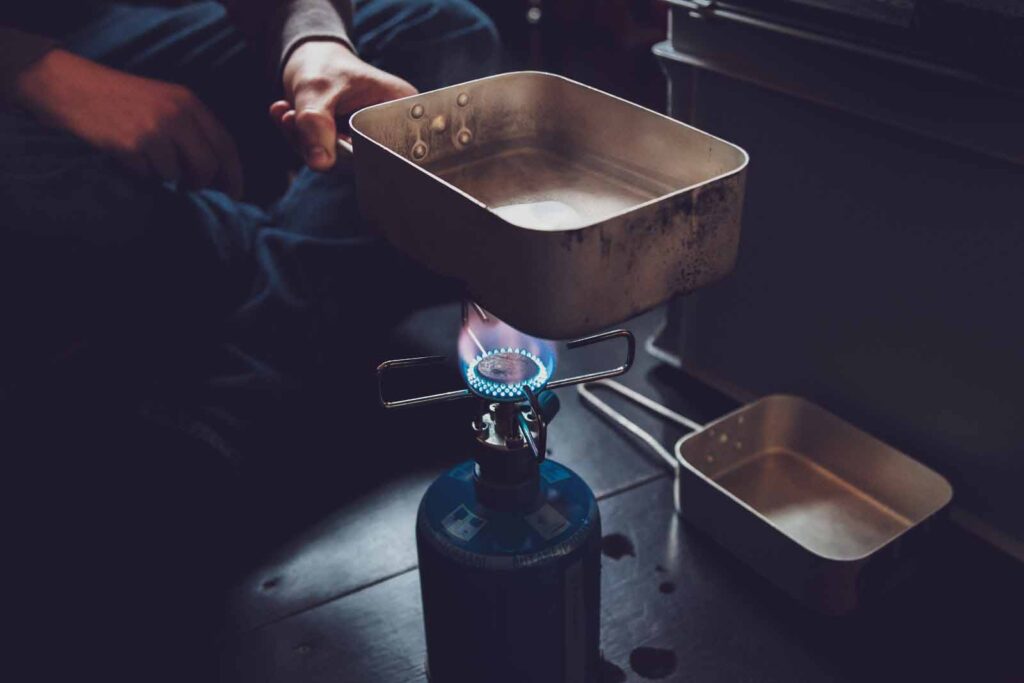Unless you are sitting close to a heater enjoying its warmth or filling up your gas tank, you may not realize how much fuel sources power or affect your daily life. We have several fuel sources available right at our fingertips but the two most popular sources we use, to either heat our homes or cook with, are Propane (LP) and Natural Gas (NG).
What is Propane (LP)?
Propane is a compressed gas that comes from crude oil and natural gas during processing and is then stored as a liquid. It is colorless, tasteless, and essentially odorless as well—although a scent is added so it can be detected. Propane is a cleaner energy solution than other sources like coal or gasoline. Those who use propane help to reduce greenhouse gases and air pollutants. Propane is generated right here in the United States and is one Eco-friendly alternative to use until more long-term, “greener” solutions are found, the other alternative is natural gas.
What is Natural Gas (NG)?
Natural gas comes from four different natural gases formed by compacted heat and pressure from deceased animals that have been buried deep in the earth for millions of years. The gases are extracted by drilling and then combined with crude oil to become energy we can use. People use natural gas because, like propane, it aids in reducing greenhouse gases, and it is also more affordable.
What are the Uses of Natural Gas and Propane?
Although natural gas and propane are different, they are used for a lot of the same things. Many people use them for cooking food, like over a stove-top or in an oven, for heating their homes during colder months, and for powering their vehicles.
Other Similarities
Both propane and natural gas can be used in the home and on the road, but those aren’t the only similarities. They both can be stored as a liquid and have minimal emissions—one being carbon monoxide. Carbon Monoxide (CO) is an invisible, tasteless and odorless gas and exposure to high levels of CO can be deadly, so when using propane and natural gas be sure to do so in a well-ventilated, open space and always have a working CO detector.
Differences
Propane is heavier than natural gas but it is more energy-efficient. However, the cost of using natural gas may be more enticing than the efficiency of propane; plus natural gas burns cleaner than propane.
It is important to consider the cost of making a switch from one energy source to the other as you’ll need to convert and/or replace your appliances. You may also need to make some modifications to your yard as new gas lines are installed and others are removed. If you are considering using propane or natural gas for your home, contact us with any questions you may have. Whatever you decide, we’re here to help.



